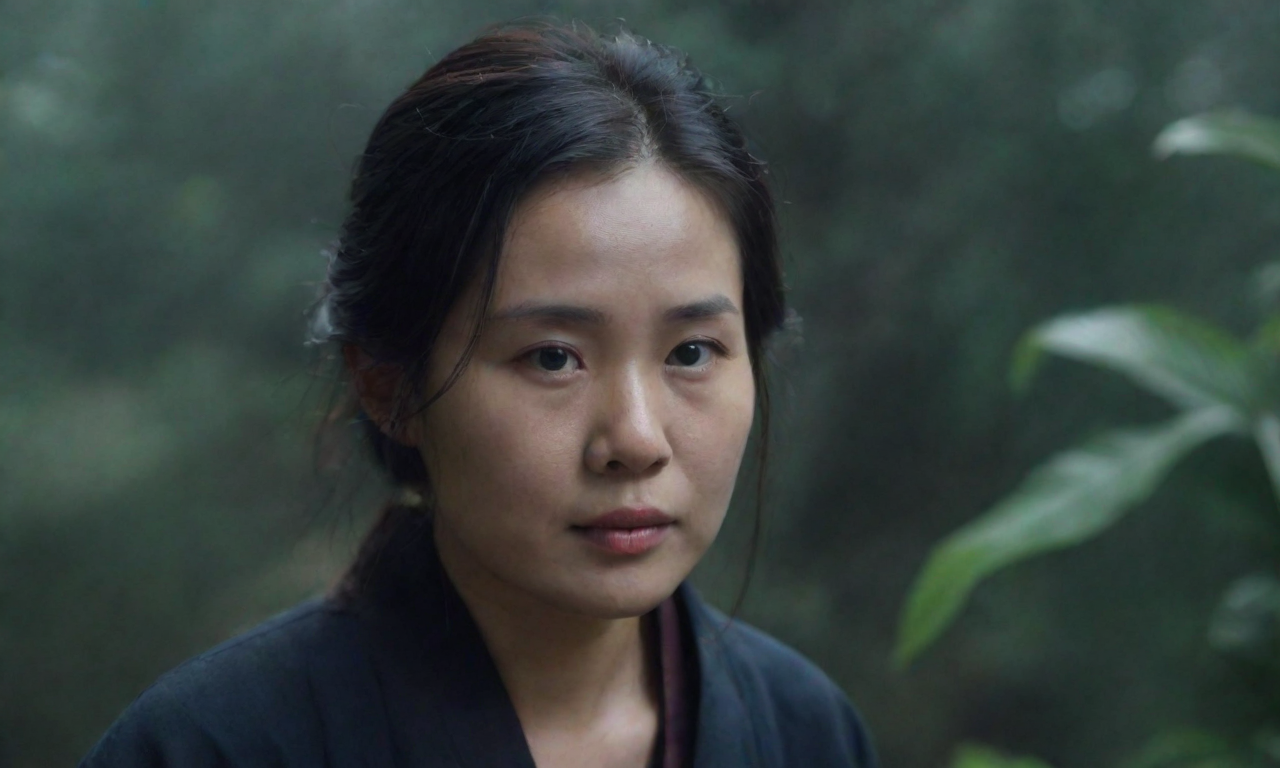Article | Reporter Gan Xiao from China Science Daily
"Throughout my life, I have formed an indissoluble bond with the stars. My biggest wish is to create 'Chinese stars' for a lifetime." As one of the pioneers in China's artificial satellite technology, deep space exploration technology, and satellite navigation technology, Academician Sun Jiadong of the Chinese Academy of Sciences expressed his life insights in this way.Looking back on the history of China's aerospace industry, Sun Jiadong has made great contributions behind many "China's firsts": the first missile, the first artificial Earth satellite, the first BeiDou navigation satellite, the first lunar exploration satellite... In the first 100 satellite launch missions in China, he served as the technical leader, chief designer, or chief engineer in more than one-third of them.During the 60-year journey of China's aerospace industry, Sun Jiadong has faced numerous challenges. Once, when there were only a few seconds left before the rocket ignition, the satellite encountered a problem. In desperation, Sun Jiadong shouted, "Stop the launch!"In his twilight years, Sun Jiadong served as the chief designer for the first lunar exploration project. When Chang'e-1 successfully orbited the moon, the moment when Sun Jiadong turned around and wiped away his tears in the midst of the cheering crowd moved many people.Sun Jiadong was elected as an academician of the Chinese Academy of Sciences in 1991. He was awarded the "Two Bombs, One Satellite" Meritorious Medal in 1999, the "Reform Pioneer" Medal in 2018, and the "Medal of the Republic" in 2019.Image provided by Sun Jiadong, Department of Working Affairs, Chinese Academy of Sciences"If the country needs it, I will do it."
"If the country needs it, I will do it." This is the vow that Sun Jiadong has upheld throughout his life.In the 1960s, China's independent research and development of artificial satellites was put on the agenda. At that time, Qian Xuesen, the director of the China Academy of Space Technology, personally appointed Sun Jiadong, 38 years old at the time, as the overall designer in charge of China's first artificial Earth satellite, "Dongfanghong-1".Through scientific demonstration based on practicality, Sun Jiadong led the development team to determine the technical goals of the first artificial satellite, which were "able to reach space, maintain position, have clear communication, and be visible". He simplified the plan and proposed a "two-step" development plan, which was to launch the satellite into space as quickly as possible, and then develop an application satellite with detection capabilities based on resolving whether it was achievable.At that time, foreign countries tightly sealed off their technology. Not only did the research personnel not have access to complete information, but they had also never seen satellite samples, and even the basic research conditions were lacking.Despite the weak foundation of the national economy and industry, Sun Jiadong's firm belief was never shaken. "We, a group of young people, started from scratch. During the development process, no matter how difficult the technical problems were, we never doubted our own abilities. We always believed that we could complete this task," he once said.In order to achieve the goal of "clear communication," the satellite had to unfold its antenna after being in orbit to ensure that the signal of the song "Dongfanghong" could be received by ground stations. However, during the trial process of simulating the deployment of the satellite antenna, the last segment of the antenna was always thrown out, and the experiment failed several times.Sun Jiadong led everyone to conduct in-depth analysis of this problem and finally identified the crux of the issue—the antenna structure. After modifying the design of the antenna structure, the experiment succeeded.On April 24, 1970, "Dongfanghong-1" was launched. The song "Dongfanghong" was transmitted from space, resounding throughout the world, announcing the arrival of the Chinese space age."After the rocket carrying the satellite ascended, I stared at the curve on the monitor with round eyes, watching the line move according to the designed trajectory. I still couldn't believe it in my heart—did it really take off or was it just a fake?" The scene at that time is still vivid in Sun Jiadong's memory. "That scene is unforgettable for a lifetime. The excitement is indescribable. Every screw was made in China, and it felt really satisfying!"More tenacious in the face of setbacks, multiple adventures
"Satellite launches are high-risk projects. Until the moment the satellite enters orbit, no one can say it will be 100% successful." During the 60-year journey of China's aerospace industry, Sun Jiadong has encountered many risks, and the most thrilling "dangerous situations" for him occurred twice.On November 5, 1974, China's first returnable remote sensing satellite was about to be launched, but suddenly, the signal indicating successful internal power supply from the satellite could not be received. If the satellite had no internal power supply, it meant that even if it reached space, the instruments and equipment would not work.At this time, there were only a few tens of seconds left before the rocket ignition. According to the procedure, the command to stop the launch needed to be reported step by step and then issued to the commander by superiors. It was obviously too late to deal with this emergency situation. In desperation, Sun Jiadong took a risk and shouted, "Stop the launch!"The commander carried out an







